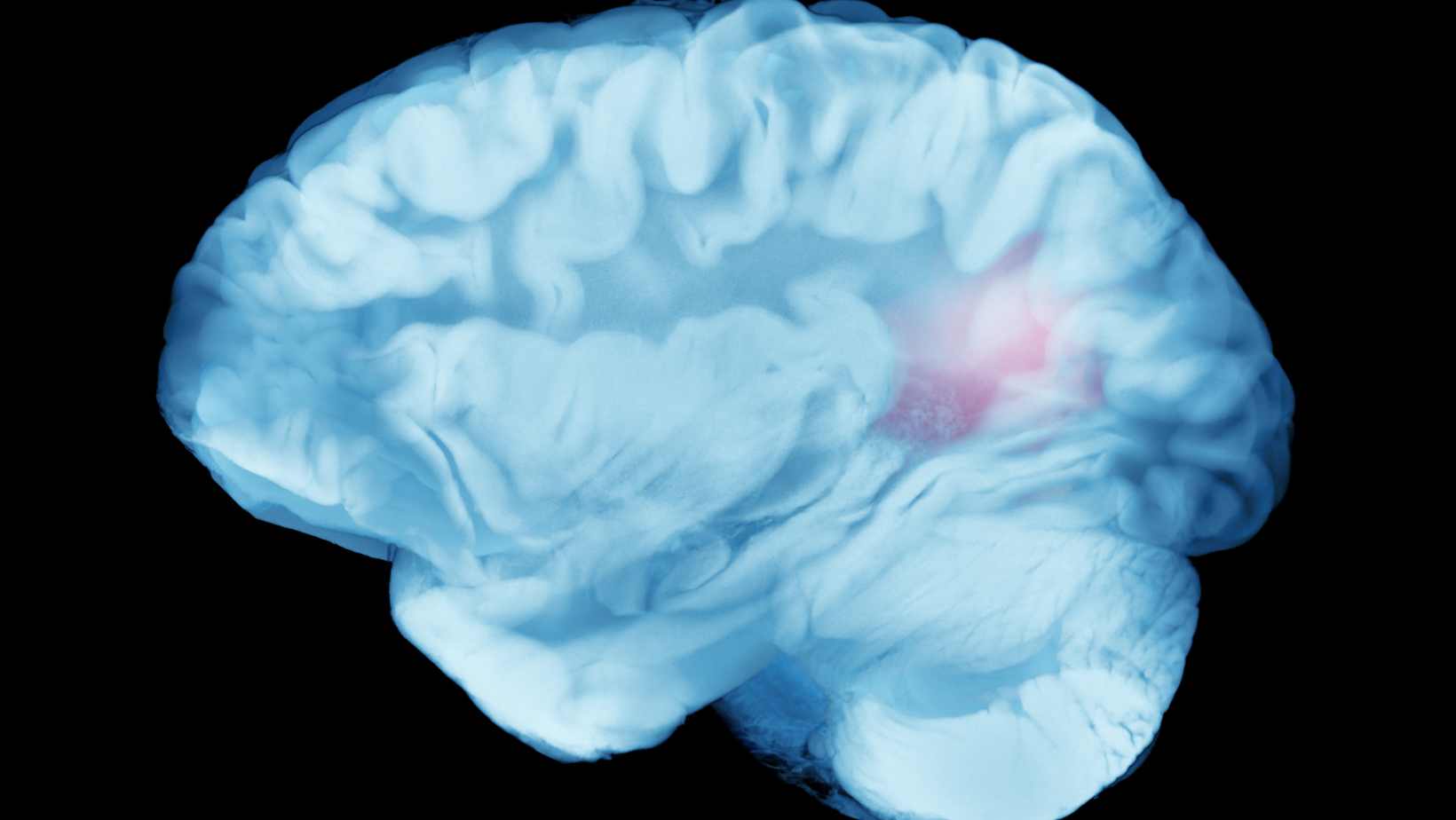Table of Contents
ToggleNeurological disorders: Introduction
The disorder of the nervous system is known as neurological disorders. The nervous system is responsible for carrying out all the functions of the body. It is the engine of the human body, without which the body would not function. The nervous system is divided into two primary regions- the central nervous system and the peripheral nervous system. The central nervous system or CNS consists of the brain and spinal cord, and the peripheral nervous system or PNS consists of everything else. Thus, the malfunctioning of the brain, the spinal cord or disruption in the connection of the nerves in the body, can lead to neurological disorders.
Lack of consciousness, stroke, paralysis, poor coordination, loss of memory, tremors and seizures, headache, etc are some of the common symptoms of neurological disorders. Often the symptoms originate from the peripheral nervous system. This could be, a result of injury or some illness. The neurological disorder symptoms can also arise from nerve damage or autoimmune diseases. Apart from this, it is also important to notice the signs and symptoms of neurological disorders in newborns. Some of the signs are- fuzziness, abnormal movements, difficulty in feeding, changes in body temperature, missing important developmental milestones, etc.
Given the rise in Covid-19 cases, one can get easy online neurological consultation or neurologist online chat from the best neurologist in Saket. Given below are the neurological disorders list and their symptoms:
Headaches and their types
Although headaches are quite common, they can be a serious neurological disorder. The location of the headache, its intensity, duration, the neurological disorder causes, vary according to the type of headache. Here are some of the symptoms based on the different types of neurological disorder headache.
Cluster headache
- Pain felt on one side of the head
- Red or tearing eyes
- Agitation
- Runny nose/nasal congestion
- Sweating
Migraine
- Throbbing, intense pain in a particular area
- Pain felt in the face, the eyes, or neck
- Sensitivity to light, distorted or blurred vision, seeing flashes of light
- Sensitivity to noise
- Nausea
Sinus
- Pain, pressure on cheeks, brow or forehead
- Pain felt while bending forward
- Stuffy nose
- Fatigue
Post-traumatic headaches
- Dizziness
- Insomnia, flashbacks, nightmares
- Memory problems
- Sensitivity to sound and light
- Anxiety, depression, etc.
Get online neurologist consultation from the top neurologist in Agra for your headaches.
Stroke
Strokes can be a life-threatening neurological disorder. A person is said to be having a stroke when the flow of blood and oxygen supply is cut off from a part of the brain, causing a breakdown and arrest in functioning. A stroke needs immediate medical attention, otherwise, it can be fatal. There are several reasons why a person may have a stroke. Smoking tobacco, high blood pressure, heart disease, diabetes, genetic factors, obesity, etc are some of the many causes of stroke. One must know It is important that one knows the signs and symptoms of a stroke. Some of them are –
- Blurred vision or loss of sight
- Trouble walking, sudden paralysis, stiffening of muscles
- Numbness
- Dizziness, confusion, difficulty in understanding
- Severe headache
One should definitely consult the best brain doctor in Patna for the treatment of strokes.
Seizures
When the connection between brain nerve cells is disturbed, one is said to have seizures. Thus, almost all people are at risk of having a seizure, however, a single seizure doesn’t mean a person has a seizure disorder. Epilepsy is a chronic condition where one has recurrent seizures. The nerve cell activity in the brain is disturbed, thus causing frequent outbursts of electrical energy. If you have frequent episodes of seizures, consider consulting the top best neurologist in Jaipur, for the treatment of epilepsy.
Most of the time, seizures are noticeable and you can make out if a person is having a seizure. However, sometimes, it may escape your eye. Here are some symptoms that a person is having a seizure-
- Uncontrollable muscles spasms, jerking of the arms and legs
- Loss of consciousness
- Drooling, Biting of tongue or clenching of teeth
- Uncontrolled bowels or bladder
- Loss of consciousness, having a blurred vision
- Dropping things, falling on ground/fainting
Neurodegenerative diseases
Neurodegenerative diseases, as the name suggests is the deterioration of nerve cells over a period of time. The nerve cells of the brain or the peripheral nervous system, start to degenerate and ultimately die. Neurodegenerative diseases affect one’s personality and impair their ability to function. Some common types of neurodegenerative diseases and their symptoms are-
Dementia (a common neurological disorder in elderly)
- Loss of memory is a common symptom of dementia
- Inability to speak, disorientation
- Depression, mood swings, nervousness, anxiety
- Difficulty to walk, stiffness of muscles
- Sleep disorder
Parkinson’s disease
- Tremors felt in the hand, limbs, etc
- Difficulty in movement, muscle contraction, slow body movement
- Difficulty in speech, difficulty in swallowing food, etc.
- Stiffness of body parts
- Depression,
Huntington’s disease
- Abnormal movement, problems with coordination
- Amnesia , delusion, confusion,
- Depression, hallucination, mood swings,
- Memory loss
- Difficulty in functioning
Amyotrophic Lateral Sclerosis
- Twitching of muscles in the arms, legs, shoulder, tongue
- Spasticity
- Slurred and nasal speech
- Difficulty chewing or swallowing
- Muscle cramps
Consult the famous neurologist in Gwalior, also the best neurologist in Gwalior for the treatment of neurodegenerative diseases.
ADHD
Attention deficit hyperactivity disorder is characterized by the inability to concentrate and difficulty controlling their own behavior or actions. ADHD is common among both adults and children. Brain injuries, abnormal brain development or genes are some of the causes of ADHD. The symptoms of ADHD include –
- Trouble focusing or concentrating on tasks
- Having trouble completing tasks or forgetting about them
- Distraction
- having trouble sitting still
- Having a habit of interrupting people while they’re talking
Ignoring the symptoms of neurological symptoms can worsen the condition of the patient in the future. Thus, it is important that one seeks quick treatment from a professional. Consult a neurologist in South Delhi, Dr. Chandril Chugh for quick recovery and treatment of neurological conditions. You can also find him as a neurologist in Punjab, the best neurologist in Faridabad or brain specialist doctor in Faridabad, a top neurologist in Jaipur or neurologist doctor in Jaipur, the best neurologist in Saket, best neurologist in South delhi, neurologist in Agra, mind doctor in Delhi, top neuro physician in Patna and a top neurologist in Gwalior or neurologist doctor in Gwalior. He is also amongst the top 5 neurologist in Patna.

This article is medically reviewed by Dr. Chandril Chugh, Board-Certified Neurologist, providing expert insights and reliable health information.
→ Book a consultation to discover which remedies suit your needs best.
About Author | Instagram | YouTube | Linkedin




